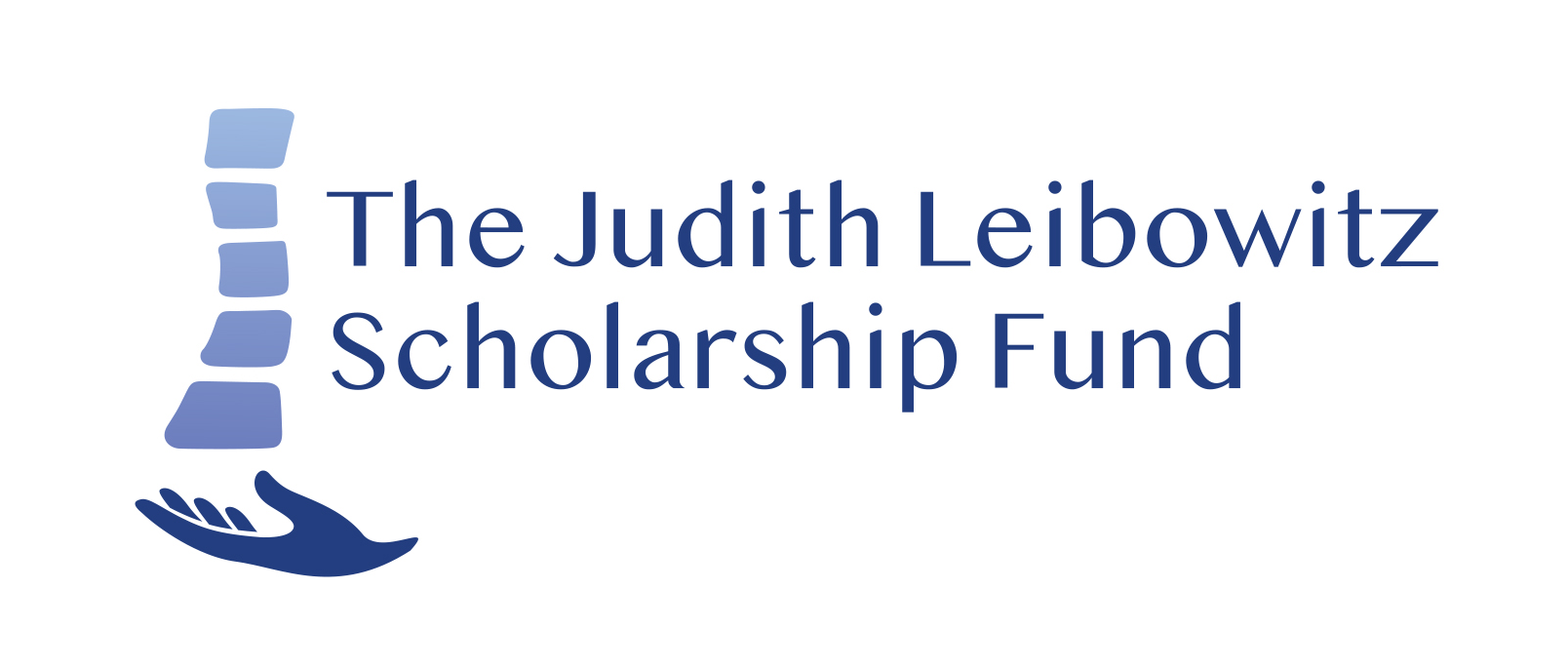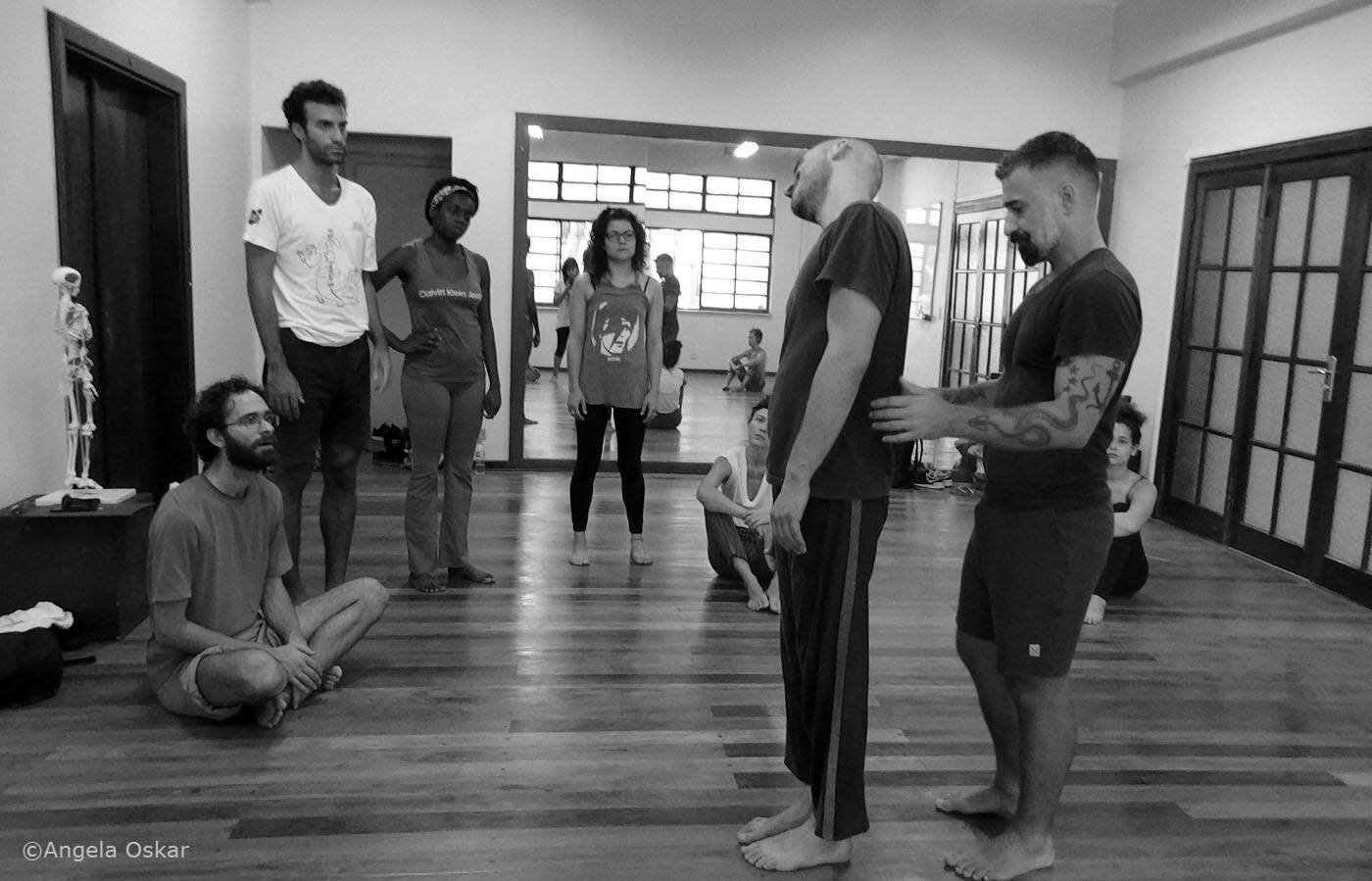The JLSF—and the Importance of Role Models in Our Community
by Fabio Tavares
I remember in the beginning of my Alexander teacher training seeing a picture of a large group of AT teachers and thinking “Hmmm, that’s the community I’m about to be a part of, and I don’t see myself fitting in that picture.” Right away I knew it was up to me to be a part of making a change.
The Judith Leibowitz Scholarship Fund was created with the intention of encouraging and subsidizing the training of people of color to become Alexander Technique teachers. As an openly gay latinx bilingual muscular tattooed Alexander Technique teacher, I’ve come to appreciate all efforts to expand the horizons toward a more diverse and inclusive community.
Growing up I didn’t have a lot of role models around, or anybody I could truly relate with. It was very challenging for me to express my full potential as a human being when I kept getting the message that something was wrong with me. That message came not only from the household, but from school, church, neighbors, TV & film, and of course from the government. I felt like a complete outsider and craved genuine human connection. I felt a lot of anxiety for being “different.”
I didn’t experience much relief until I was 13, when I was exposed to a more diverse (and perhaps marginalized) group of people that I began to feel a part of. I began to experience an incredible sense of belonging, and I know that’s when I began to heal. In my newfound community boys liked to dance, and girls liked to be strong. Some teachers were LGBTIQ+. I joined a mixed group of people from different races and ethnicities, genders, ages and sexual orientations. That was liberating and empowering. I had truly found my tribe.
In this community I met role models that changed my life forever. I got my first job as a professional acrobat at a nationally renowned circus at the age of 15, and I haven’t stopped working, performing, and teaching since. Today, I understand that perhaps a teacher, a coach or a relative—someone who would assure me everything was going to be ok—would have made a massive difference earlier in my life. Role models are vital.
If I get the message that “it is ok to be who I am,” and then I look around I don’t see anyone that I can truly relate with, that message loses its power. So this business of creating more diversity—it can save lives. Literally. And for me, anything that saves lives has to be a priority.
Coming back to our community as Alexander teachers: It is time we reevaluate our values and begin to celebrate our differences. They are actually our strengths. It’s time we smash that old idea that we as AT teachers must all look, dress and behave a certain way. That is killing our profession. The future in my opinion is in the exact opposite direction. Let’s encourage each other to be ourselves and let’s be inclusive in our actions and intentions. By creating new role models we not only ensure the growth of our profession, we can make a difference in the world today. And that’s a radical concept! I’m truly grateful for everyone involved in this discussion, those who started the conversation, and especially my fellows from the Judith Leibowitz Scholarship committee.
© 2020 FABIO TAVARES ~ Publication pending in the AmSAT Journal
Photographs of Fabio Tavares by Angela Oskar



